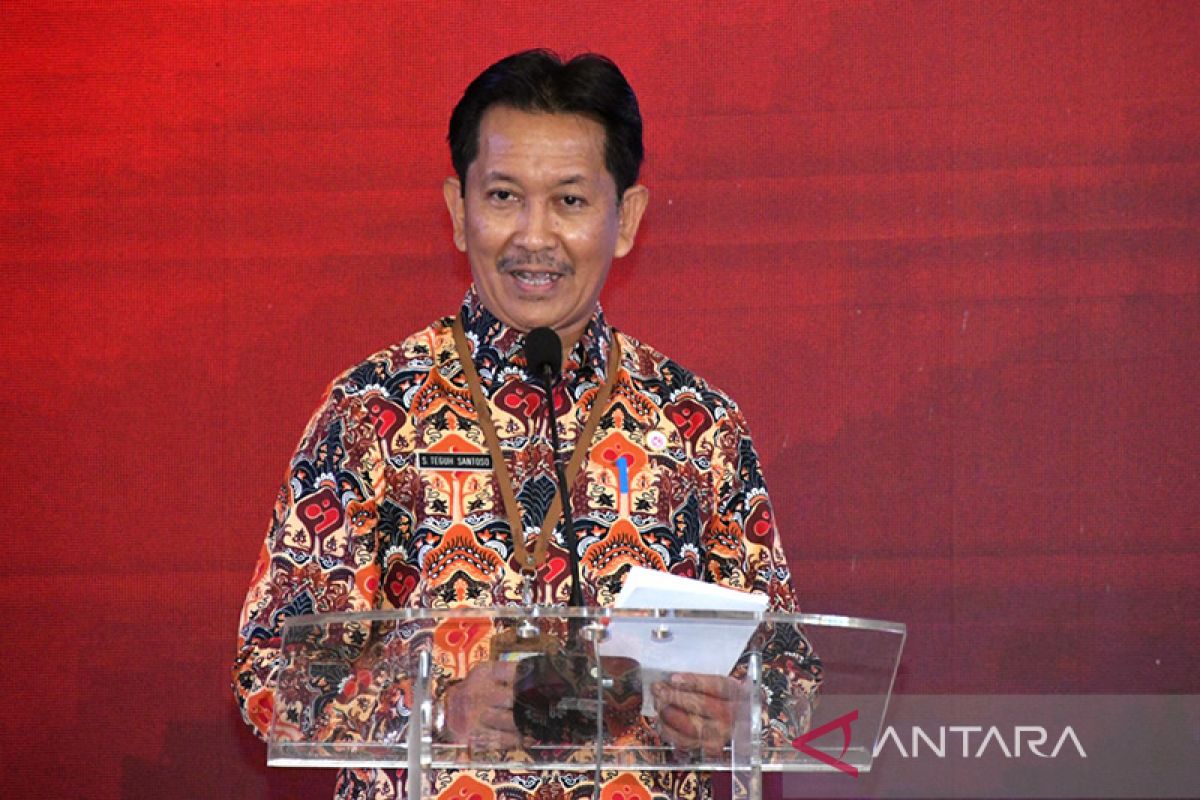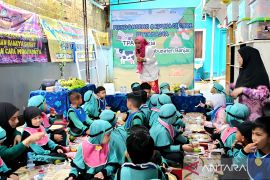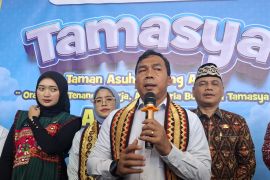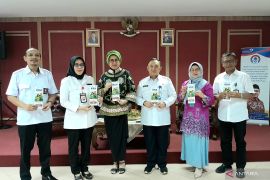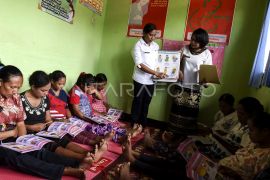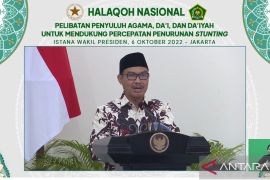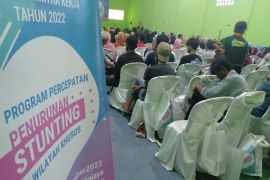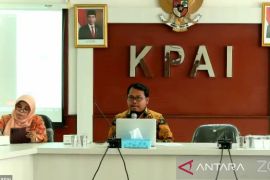"About 70 percent of Indonesians are of productive age, thus the dependence ratio is getting smaller; we have economic opportunity; if we develop human resources well, then the economic growth will be high," Deputy of Advocacy, Action, and Information at the BKKBN Teguh Santoso said in a statement received here on Wednesday.
Demographic bonus is a condition wherein the population belonging to the productive age group (15 to 64 years) in a country is higher than the non-productive population, he explained.
For Indonesia, a demographic bonus means that the decade-long collaborative efforts of the state and the people in pursuing the family planning program and controlling the population have proven successful, Santoso noted.
Indonesia's efforts have not been limited to controlling the size of the population, but also improving its quality by pushing for stunting eradication, he pointed out.
"Our nation's experience in family planning program for 50 years, in terms of population quantity control, it went successfully. Hence, at the end of 2022, the UN rewarded (Indonesia) with the second Population Awards," Santoso highlighted.
He said that although currently, there are many people in the productive age group, this situation will not last forever and will likely end in 2032.
Acting director of reports and statistics at the BKKBN, Lina Widyastuti, said that the agency is preparing for a Family Data Collection (PK) update and will improve the family information system this year to maintain stable and balanced population growth.
She said that the update will involve a nationwide activity under which families' data will be fixed and completed by visiting homes and questioning the families directly and by conducting observations at residences.
The activity will be carried out from July 1 to 31, 2023, with some more activities planned on June 20 to kick off the entire exercise, she explained.
Widyastuti said that the data that will be gathered will allow for the formulation of more appropriate policies and it will also list the families indicated to be at risk for stunting.
"The result of this family data collection will serve as the basis for policy-making and intervention measures, monitoring, and evaluation," she added.
Related news: Labor market must be able to absorb demographic bonus: VP
Related news: Ensure demographic potential aligns with technological shifts: MPR
Related news: Ministry, varsity ink MoU on human resource development
Translator: Hreeloita Dharma S, Mecca Yumna
Editor: Azis Kurmala
Copyright © ANTARA 2023
